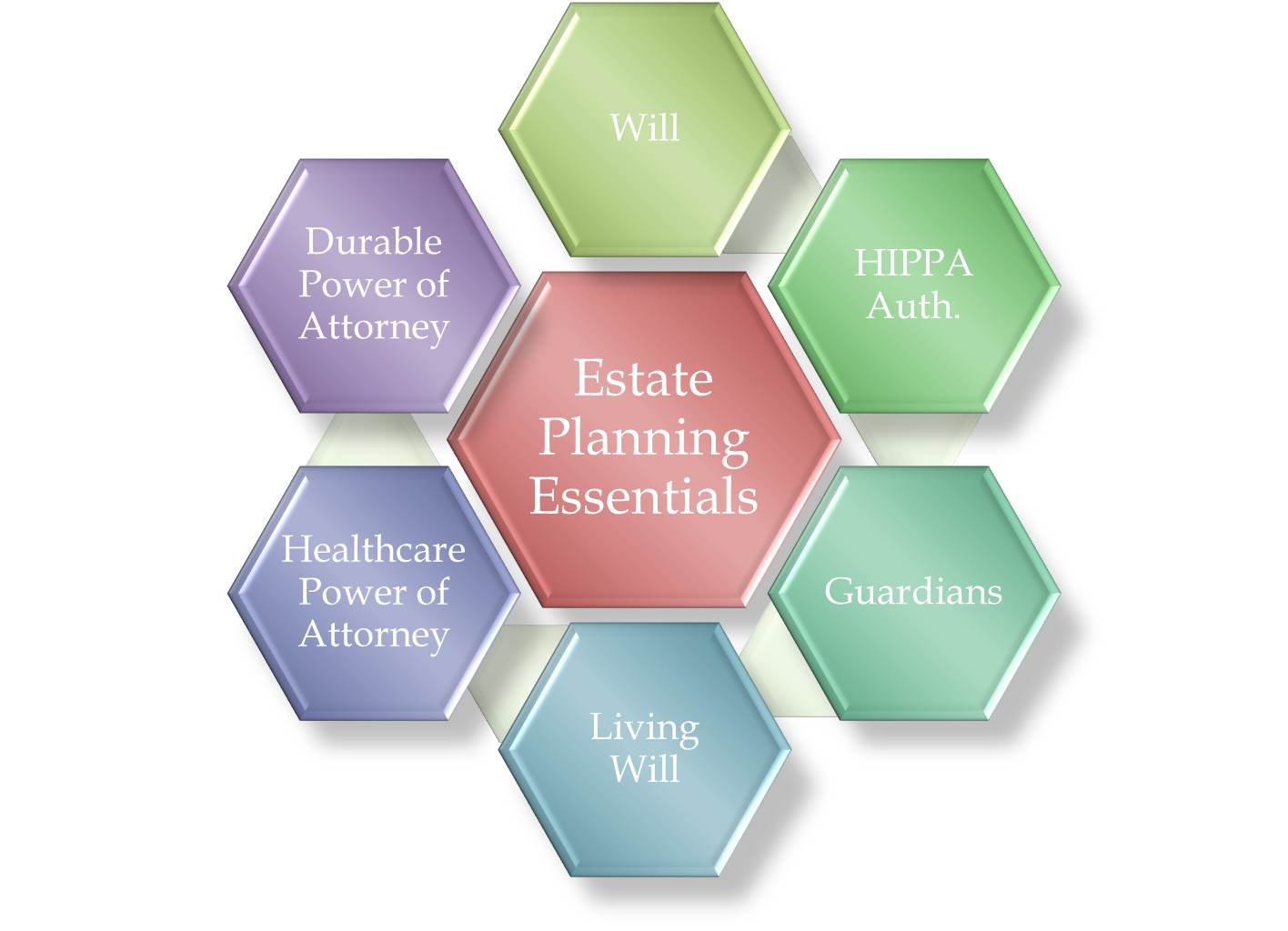Will vs. Trust: What’s the Difference?
by Admin
Posted on 02-03-2024 11:57 AM

Estate planning is very important for everyone, but it is particularly important for veterans and their families.
 This section gives a summary of the basics related to wills and trusts and how these can come into play for wounded, ill, or injured veterans. Though this section will give you a basic understanding of concepts and issues. Execution of documents such as a will should not be done without the assistance of an attorney. For more complex legal situations consult lawyers for heroes your next step pro bono legal resource for veterans and their families. What is the difference between a will and a trust?.
This section gives a summary of the basics related to wills and trusts and how these can come into play for wounded, ill, or injured veterans. Though this section will give you a basic understanding of concepts and issues. Execution of documents such as a will should not be done without the assistance of an attorney. For more complex legal situations consult lawyers for heroes your next step pro bono legal resource for veterans and their families. What is the difference between a will and a trust?.
Wills vs. Trusts: An Overview
• a straightforward introduction that provides a student-friendly orientation to the subject
• complete, succinct coverage of key topics
• a review of the sources of property law, trusts, and taxes
• a helpful guide to drafting wills and trusts documents
• step-by-step instruction for completing the entire federal estate tax return
• state-by-state analysis of trust and estate law
• four client examples used throughout the text that provide an accessible structure and illustrate the intricacies of estate planning
• chapter overviews, key terms, review questions, sample clauses, edited cases, chapter summaries, and end-of-chapter exercises
• latest sample forms in the appendix
• a manageable length that makes this book ideal for shorter courses.

Will, Trust, or Both
Learn everything you need to know about estate planning including what it is, getting started & the basics of estate planning in this guide by trust & will!.
Print class recorded may 1, 2020
it is not uncommon for the attorneys at griffith xidias law group llc to review an estate plan built by the client or an uninformed attorney using the wrong tools for that particular client. People are increasingly turning to pre-printed wills and trusts, or using self-service legal document websites to create estate plans. Unfortunately, those well-intended people are often picking wills, when they need trusts, or vice versa. The problem begins when the client fails to consult with a knowledgeable attorney first to identify estate planning goals and needs. Only then can the attorney and client decide whether a will or trust would be more beneficial.
When it comes to estate planning trusts can be very useful tools. Many of us have heard of a trust and have a general idea of how they work. To understand them better we need to look at who the parties of a trust are. Who are the parties to a trust? there are three parties to a trust, the settlor, beneficiaries, and trustee. The settlor also known as the grantor is the creator of the trust or person funding the trust and creating the initial rules for how it should be distributed. Beneficiaries are the people that receive the benefits of the trust and collect the proceeds.